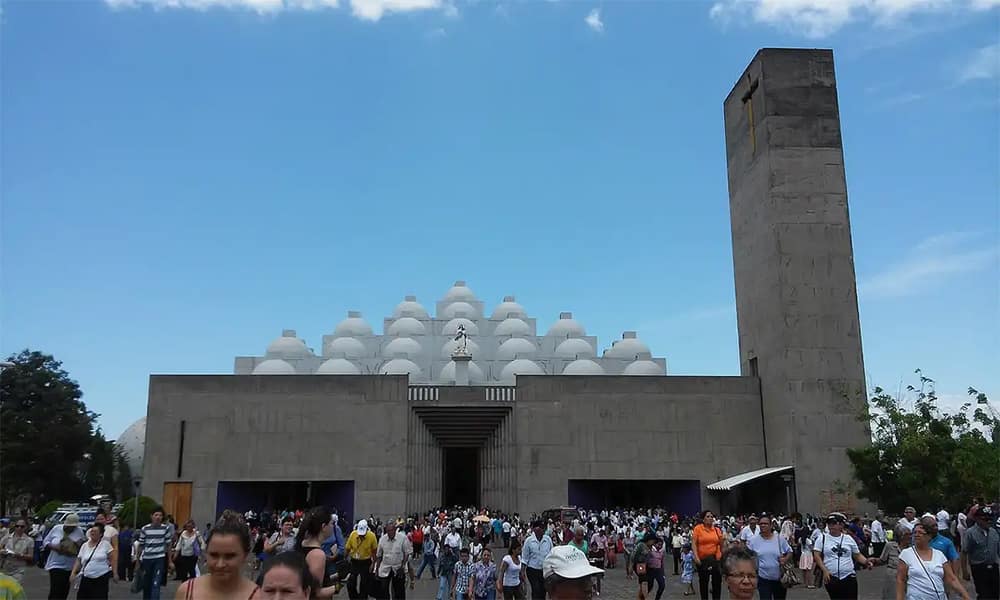The government of Daniel Ortega approved on Thursday the “voluntary dissolution” of a university affiliated with the Archdiocese of Managua, adding to the closure of two other Nicaraguan universities ordered in March due to “legal non-compliance.”
The official gazette, La Gaceta, published the closure of the Association Universidad Inmaculada Concepción de la Arquidiócesis de Managua (UCICAM), which had requested “voluntary dissolution agreed upon by its members” in an extraordinary assembly on January 10.
The resolution, signed by the Minister of Governance, María Amelia Coronel Kinloch, states that after accepting the dissolution, the ministry agreed to “proceed with the cancellation of the Registration and Perpetual Number” assigned to UCICAM as a nonprofit association.
The closures of the universities, including Juan Pablo II University and the Christian Autonomy University of Nicaragua (UCAN), were ordered in March for “non-compliance with their obligations under the laws that regulate them,” and their assets were transferred to the state.
These university closures are part of a series of measures taken by President Daniel Ortega’s left-wing government, which has resulted in sanctions from the United States and the European Union. Over 2,000 private organizations, including several private universities and business associations, have been banned in Nicaragua, accused of violating laws.
The government has also had confrontations with Church leaders who have criticized its policies, including the arrest and sentencing of Bishop Rolando Álvarez to 26 years in prison on charges such as “undermining national integrity.”
The government’s repression following the 2018 protests against Ortega, who has been in power since 2007 and repeatedly reelected under scrutiny, led to the detention of hundreds of opposition members.
The protests, which lasted for at least three months, involved roadblocks and clashes between opposition protesters and government supporters, resulting in over 300 deaths according to the UN. The government viewed the protests as a US-backed coup attempt, while international organizations accused the government of repression against the opposition.






